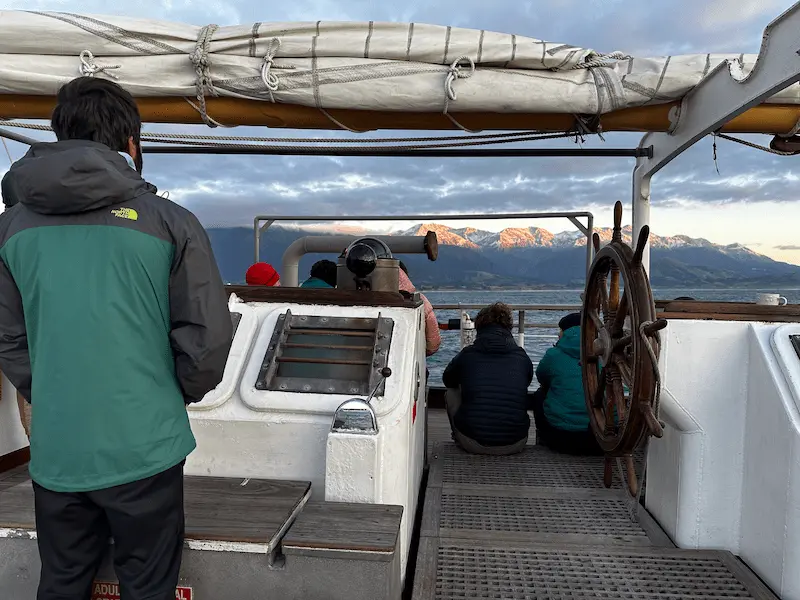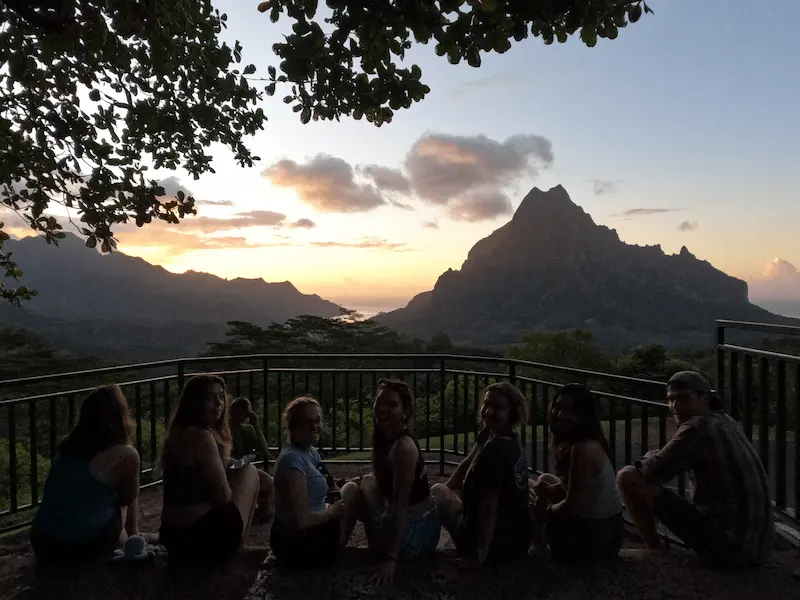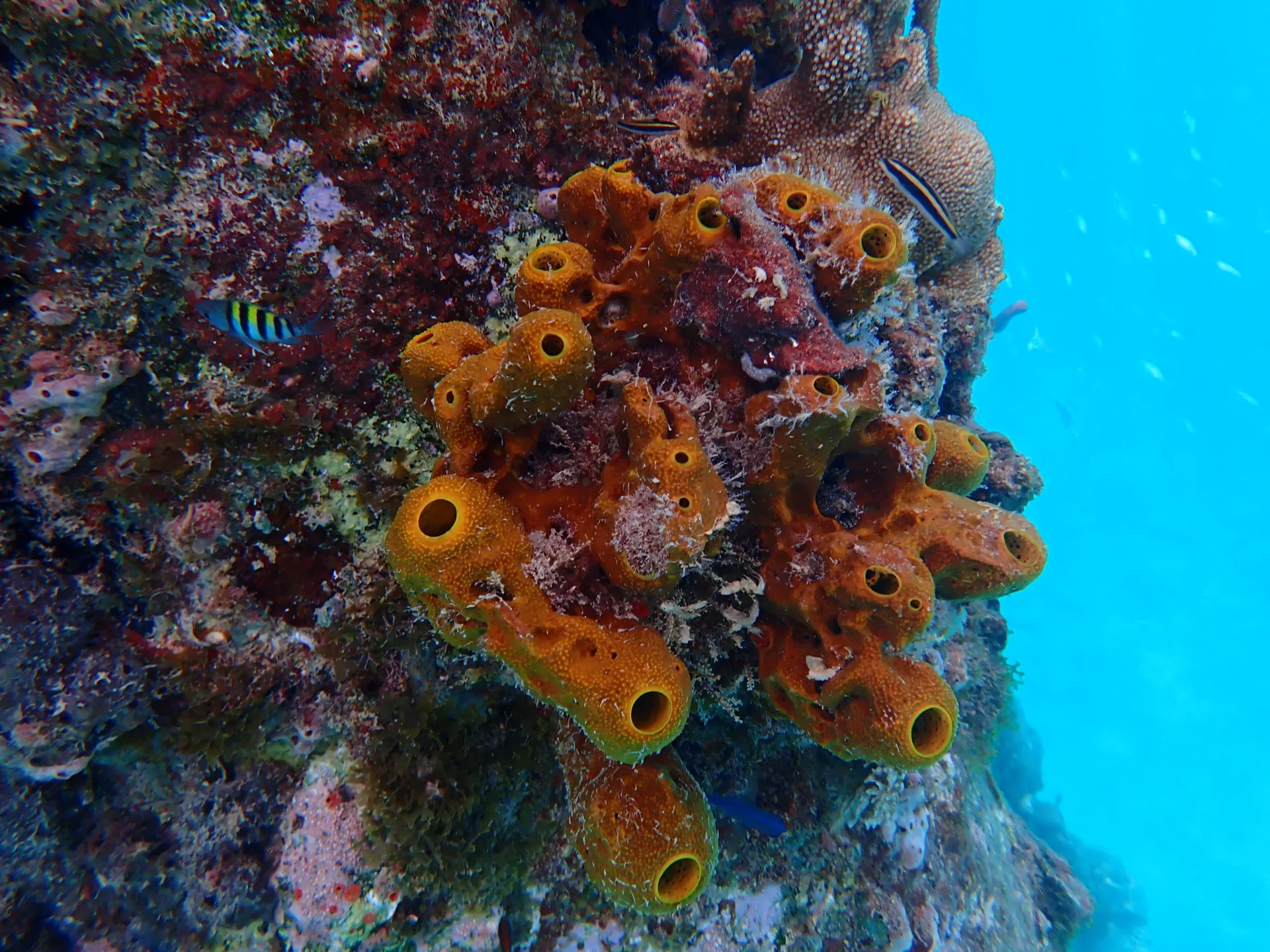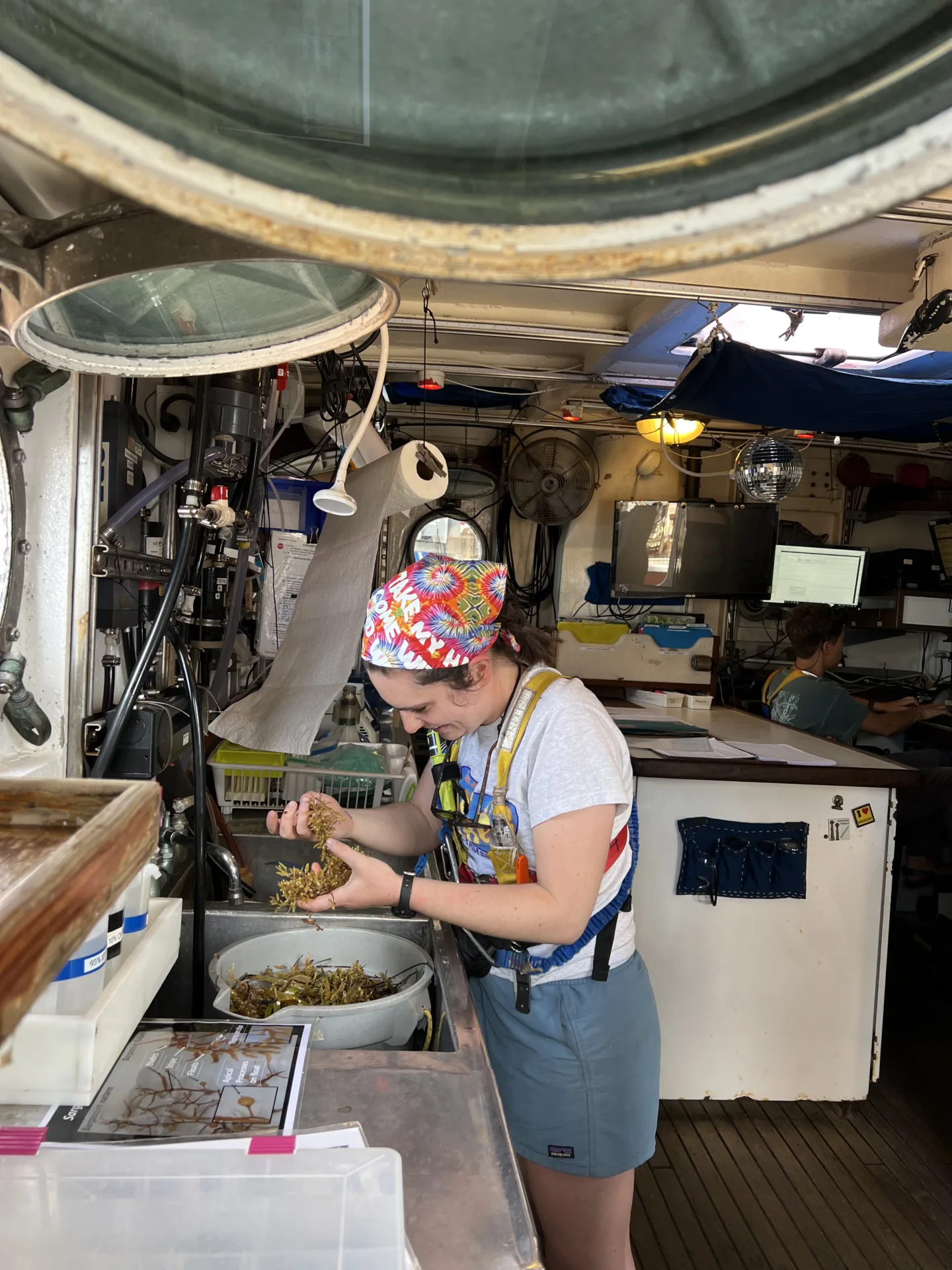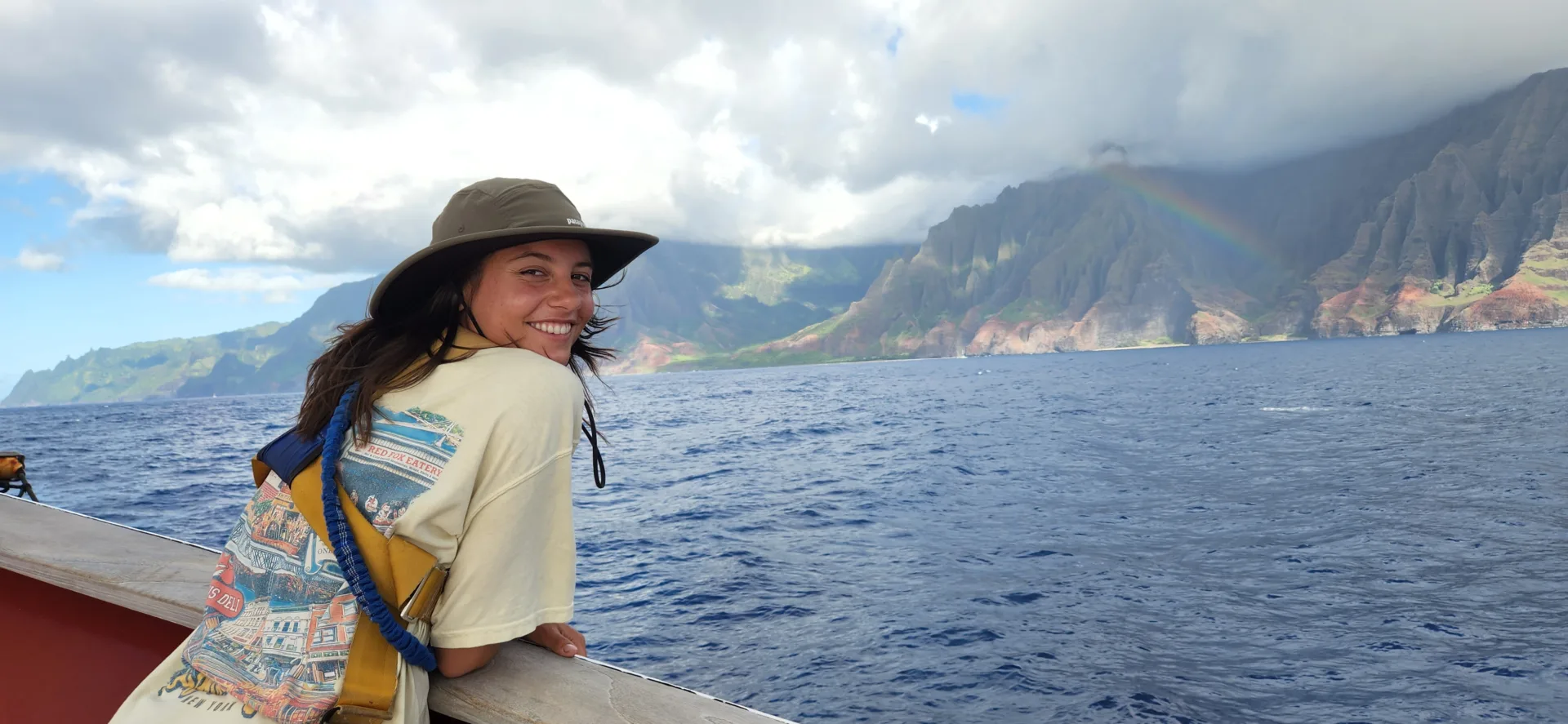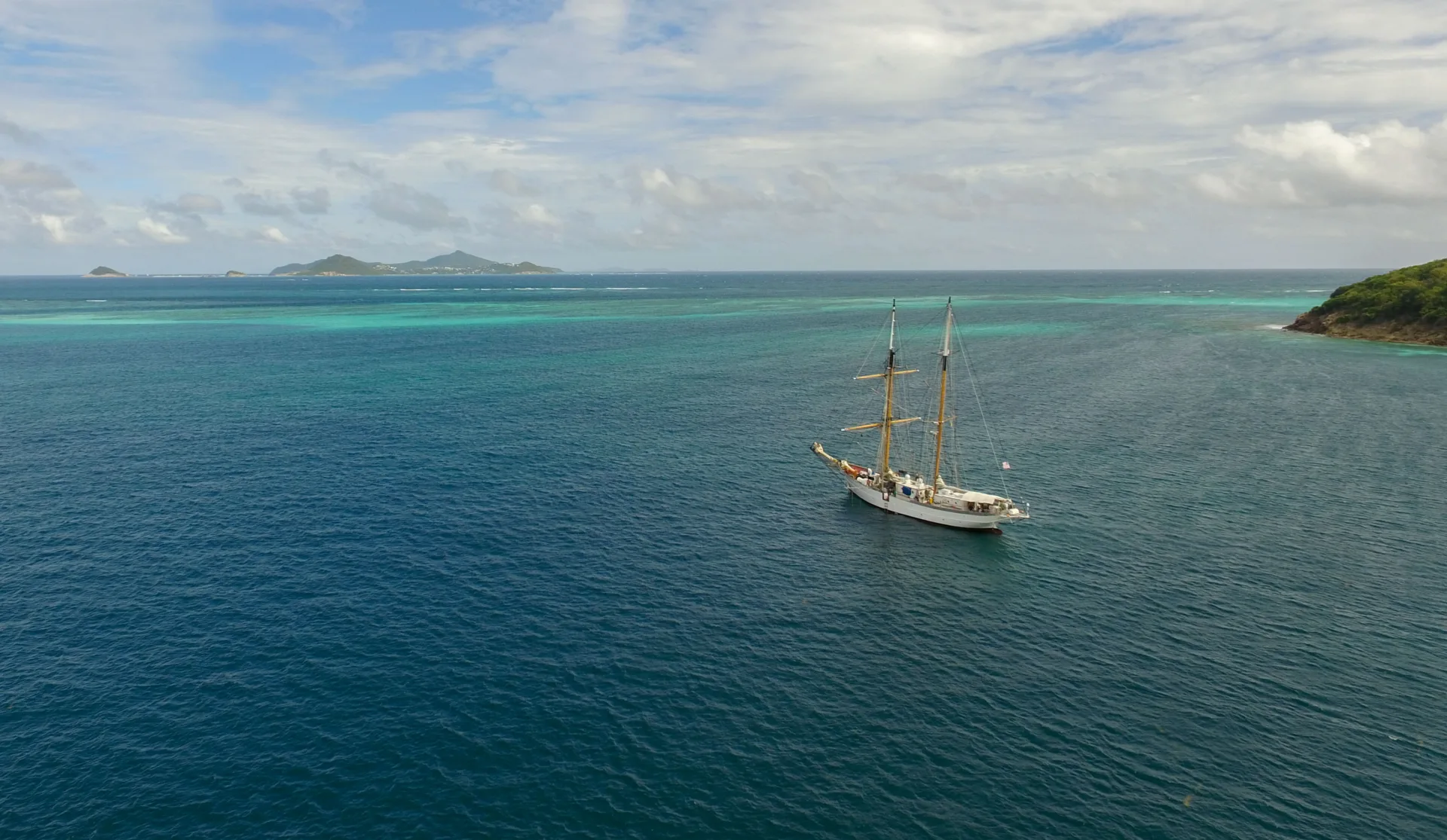Marine Biodiversity & Conservation - Spring 2025
Oceans may contain more than one million species, however, less than one-quarter of these have been identified. Marine biodiversity has the potential to transform medicine, industry, environmental remediation, and energy production, but is threatened by pollution, habitat destruction, over-fishing, and climate change. Studying organisms beyond national boundaries is crucial to understanding and conserving our ocean ecosystems.
Using the same portable next generation sequencing platform employed on the International Space Station and in both the Arctic and Antarctic wilderness, students enrolled in SEA’s Marine Biodiversity & Conservation Program learn how to use modern molecular tools to ask and answer ecological and conservation questions as they sail from New Zealand to Tahiti.
Traversing a range of bioregions, including temperate, blue water, and tropical, students will collect zooplankton specimens from the mesopelagic (the Ocean Twilight Zone), and conduct group research projects addressing population genomics and biodiversity. Students will examine how these ecosystems are responding to climate change, and gain an understanding of how such research informs conservation policy.
The MBC program along this cruise track is planned as a long-term and much needed data set that can help shape conservation in the Pacific.
The program ends in Tahiti with a two-week second shore component and student-led symposium with local stakeholders, scientists, and conservationists.
The Marine Biodiversity & Conservation program is geared toward students interested in in ocean science as a career, as well as those interested in marine ecology and conservation, molecular biology, or environmental marine policy.
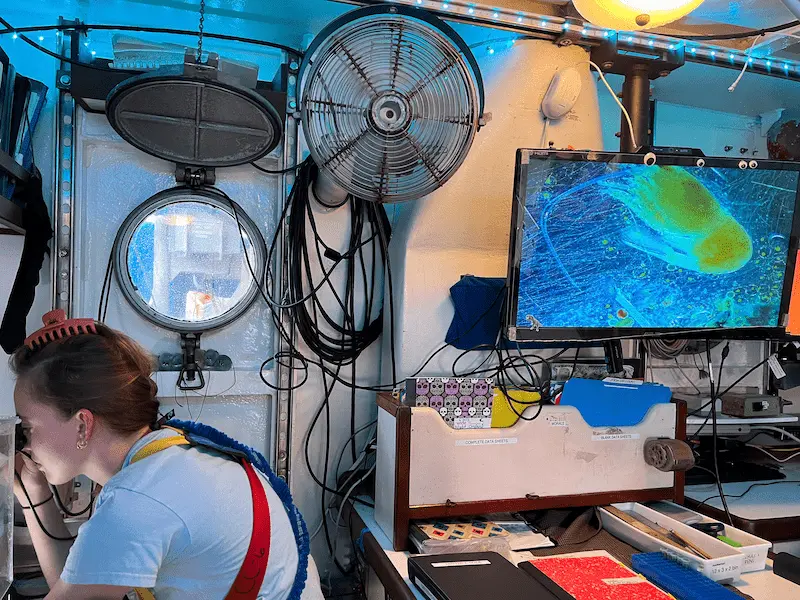
Learning Objectives
Locations
Christchurch, Aotearoa New Zealand to Pape'ete, Tahiti
Port Stops
Papeete, Windward Islands
Christchurch, Aotearoa New Zealand
Remote Shore
Moorea at University of California's Gump Station
Adjusting to Land
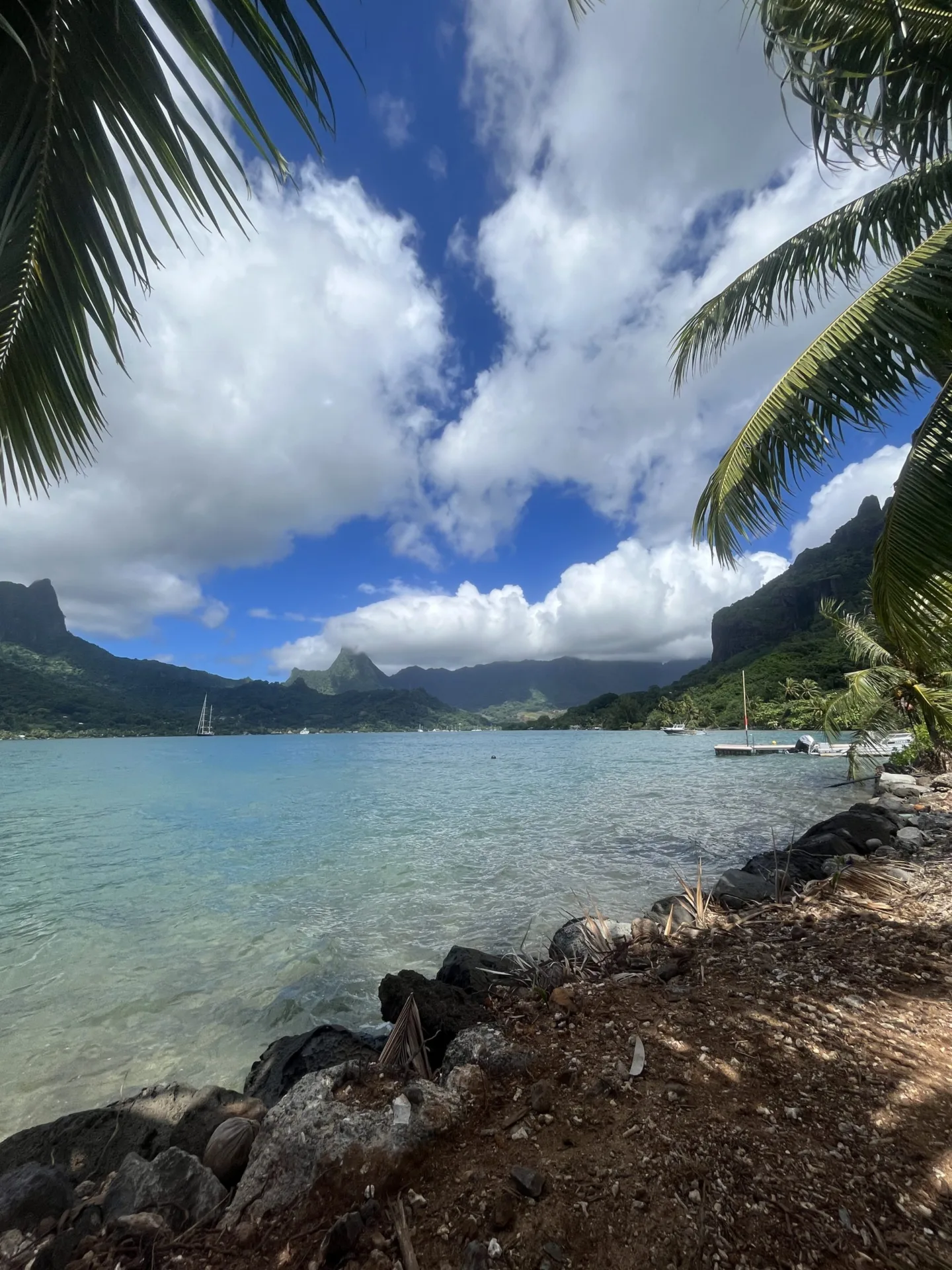
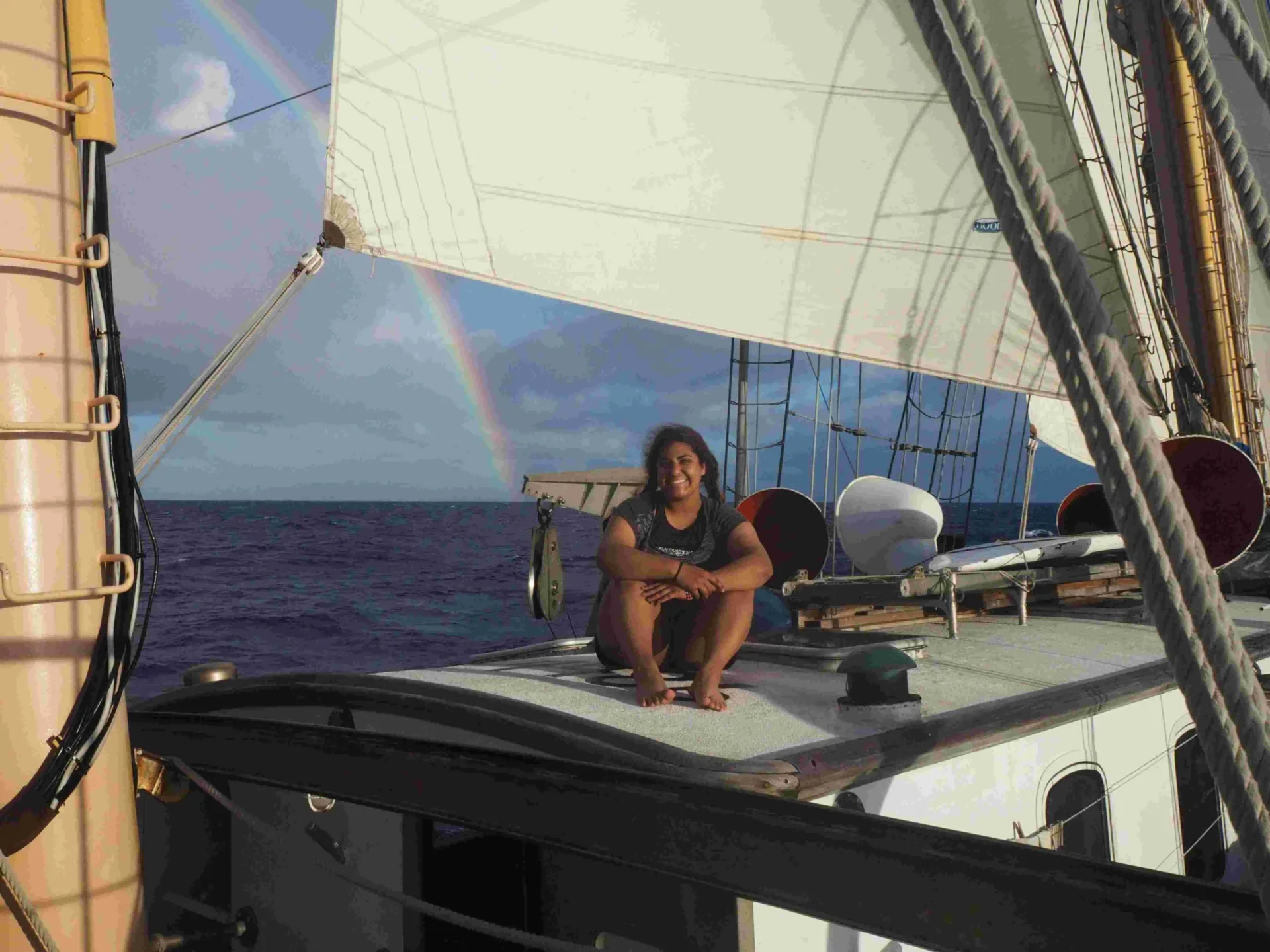
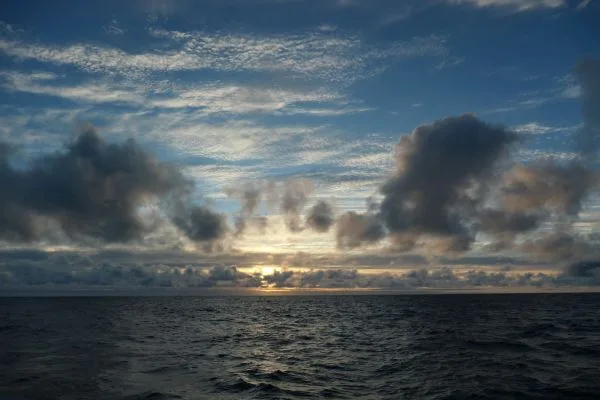
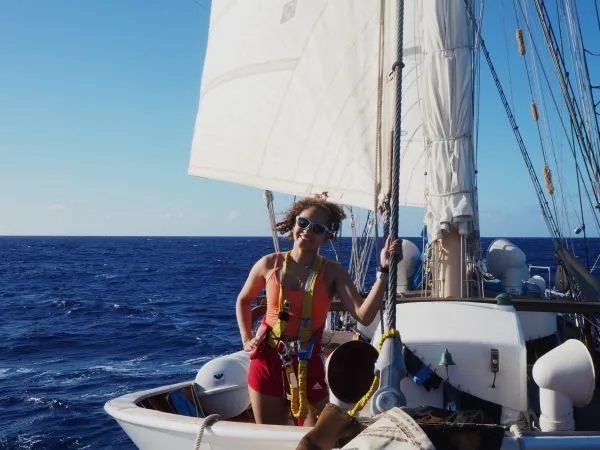
Academic Credit
Course Descriptions & Syllabi
This program carries 18 semester hour credits from Boston University for successful completion of the program. Prerequisites are one introductory science course and one 200-level science lab.
Advanced Topics in Biological Oceanography400 level, 4 credits, CAS NS 450
Two lab science courses (one at the 200-level or higher) or consent of instructor.
In-depth treatment of a single topic in biological oceanography. Extensive review of classical and contemporary literature. Introduction and practice of current laboratory techniques. Oral presentation and written research proposal required. Topics may include marine plankton ecology, marine biodiversity, and satellite oceanography.
Ocean Science and Public Policy300 level, 3 credits, CAS NS 320
Culture, history, political systems and science can shape ocean policy. Practice current strategies to build, analyze, and communicate about diverse policy issues. Examine the power, use and limitations of science and the scientist’s voice in determining ocean policy.
Environmental Communication300 level, 3 credits, CAS NS 332
Seminar focusing on communication skills development for environmental scholars. Introduces the field of environmental communication, examines environmental attitudes and behaviors, and develops a toolkit of communications strategies. Includes projects in data visualization, multi-media presentation and digital storytelling.
Nautical Science200 level, 3 credits, CAS NS 223
Learn the fundamentals of sailing ship operation, in preparation for direct application at sea. Navigation (piloting, celestial and electronic), weather, engineering systems, safety, and sail theory. Participate as an active member of the ship’s crew on an offshore voyage.
Directed Oceanographic Research300 level, 4 credits, XAS NS 325
Two lab science courses (one at the 200-level or higher) or consent of instructor.
Design and conduct original oceanographic research. Collect data and analyze samples. Compile results in peer-reviewed manuscript format and share during oral or poster presentation session. Emphasis on development of research skills and written/oral communication abilities.
